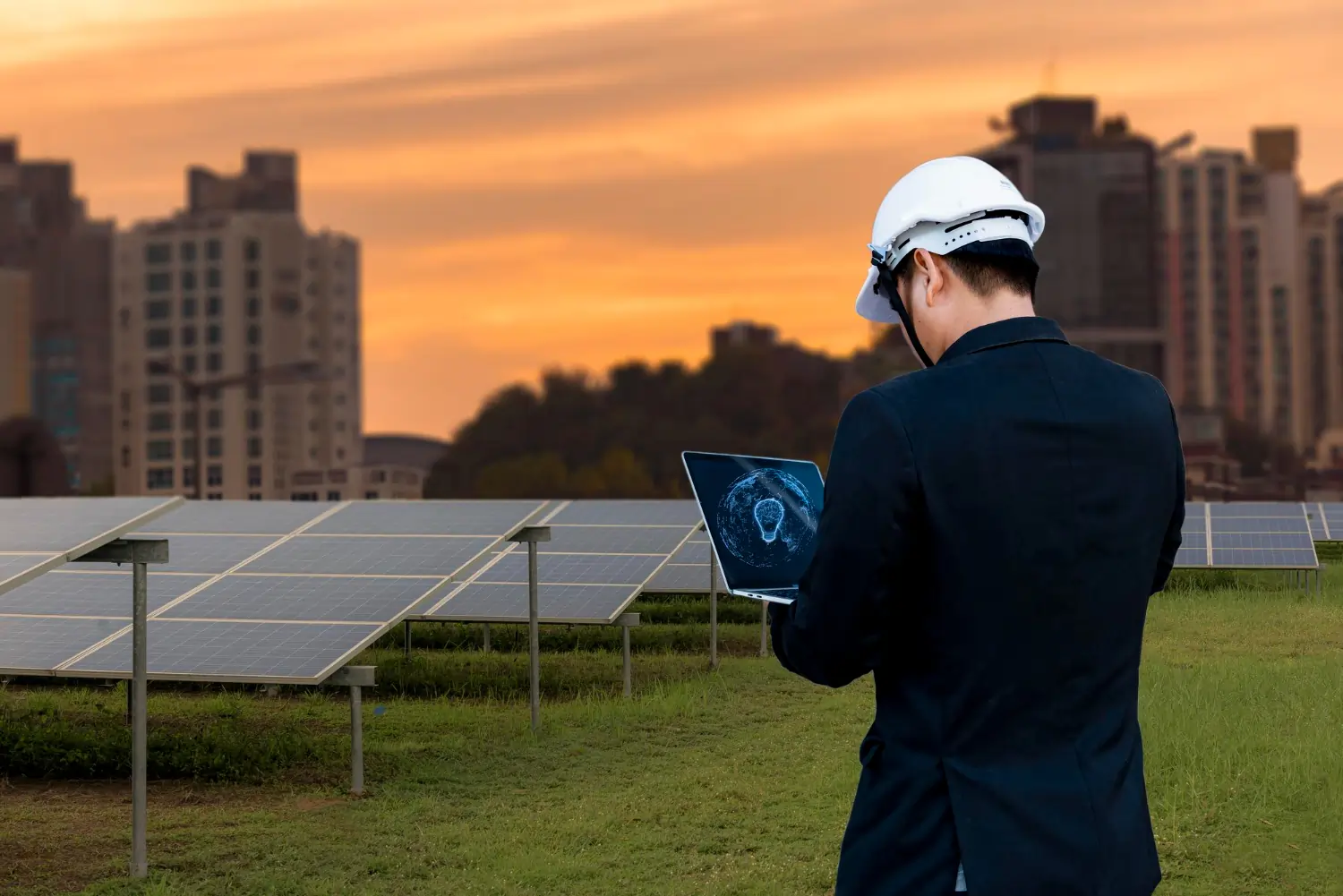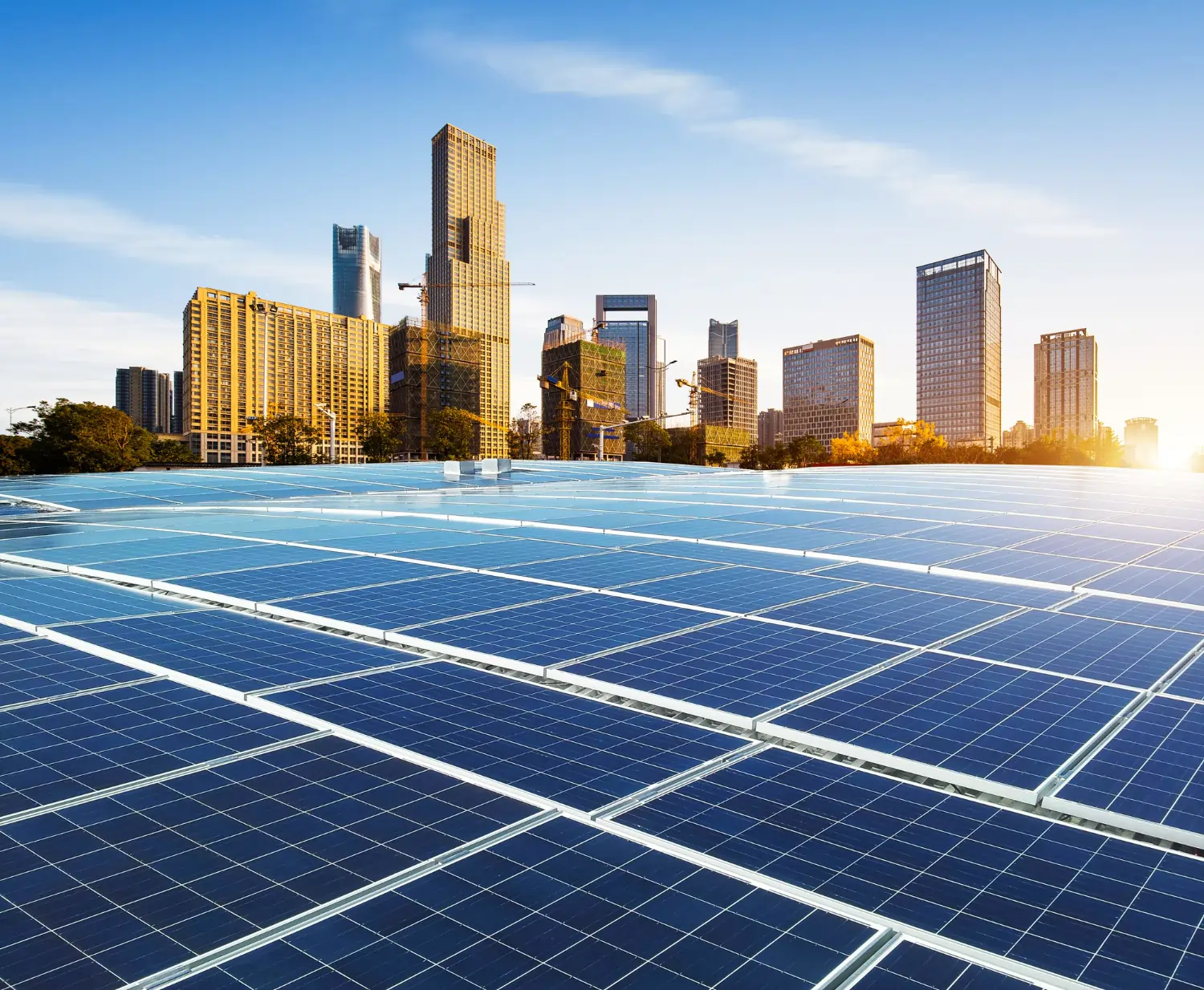

New York City has an ambitious energy efficiency and sustainability vision to help fight the climate crisis. Moving to a renewable source of energy, such as solar power, would help a lot in this endeavour. However, the process of installing solar in the city requires careful study, evaluation, and alignment with local provisions.
A thorough solar feasibility analysis is very important and would help a property owner make his installation decisions toward achieving his energy-efficiency goals obvious. In such analyses, different ways of countering challenges towards a cleaner, greener city are identified.
Let us discuss some of the benefits of the solar feasibility study.
In short, solar feasibility studies ensure efficiency and reliability in the energy system, even during limited sunlight. NYC is a crowded urban center, and solar energy efficiency requires proper solar power systems to reduce carbon emissions set for the city. Pursuing the solar feasibility study ensures that the systems help significantly reach such goals. It also helps their owners cut the cost of energy.
Below, we have shared with you why solar feasibility studies are important.
A property owner has to hurdle New York City's tight energy regulations even to consider having solar installed. In order to comply with laws, including Local Law 97 and Article 321, which regulate the conservation of energy and emissions in large buildings, solar feasibility analysis is essential.
These studies determine if a given property's solar potential complies with municipal regulations. For example, this includes determining whether a structure can generate enough solar energy to meet emission reduction thresholds or if retrofitting energy systems is necessary. Property owners must also prepare the required documentation to secure permits and qualify for available reward programs.
Solar feasibility studies also provide a roadmap of how solar installations can complement overall energy-saving efforts and solar energy efficiency through retro-commissioning and energy use checks. On that score, the studies fall within the regulatory framework of New York City in ensuring that the solar projects contribute towards sustainability goals within the city but without attracting disciplinary measures due to non-compliance.

A solar feasibility study has both financial and nature-friendly advantages for the property owner in NYC. Here are a few of them.
It presents the first such scope for solar use through incorporation with other modes of sustainability like in-built green roofs or rain collection setups. Such initiatives send ripples about the making of a building as well as community sustainability.
For the NYC property owner ready to make that switch to the sun, first comes a feasibility study. Solar feasibility studies are utilized to advance energy-saving targets and are an effective tool for attaining energy efficiency in New York City. They provide a chance for an evaluation of the building's potential adoption of solar energy. This ensures that the property owners make decisions that are both in line with their eco-friendly goals and regulatory requirements.
This ranges from optimizing the efficiency of solar energy to incorporating solar power in renewable energy planning; therefore, it forms a complete method towards meeting the ambitious climate goals of NYC. The city's embracement of renewable energy planning, therefore, calls for the need to conduct feasibility studies on solar power. It is always required to fully harness the potential of solar power to bring about a cleaner and greener future.